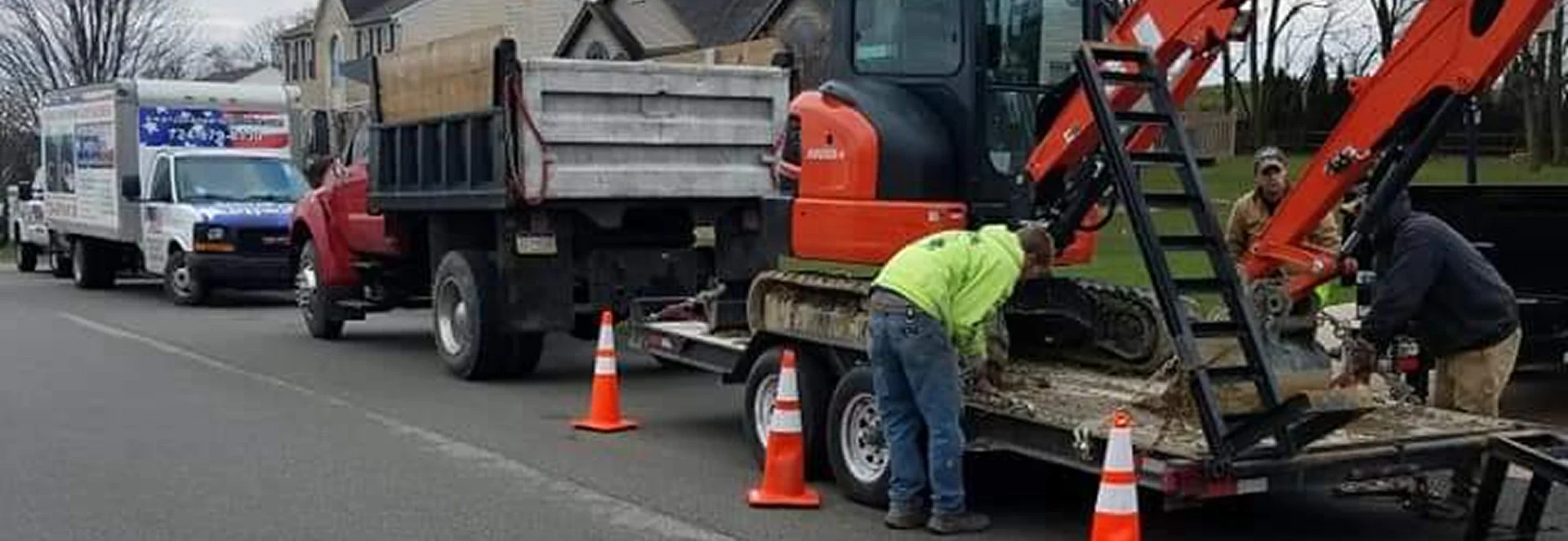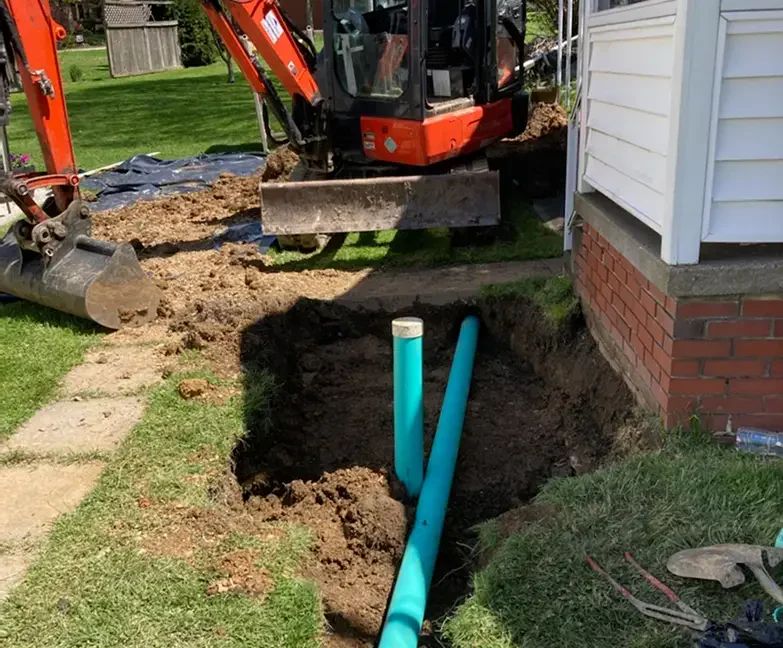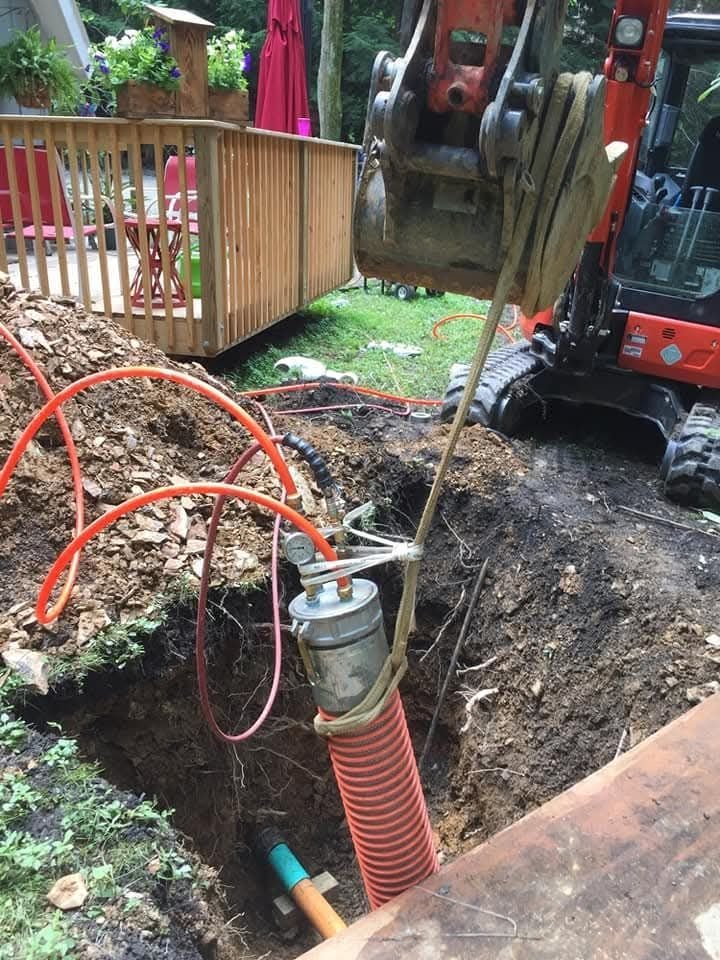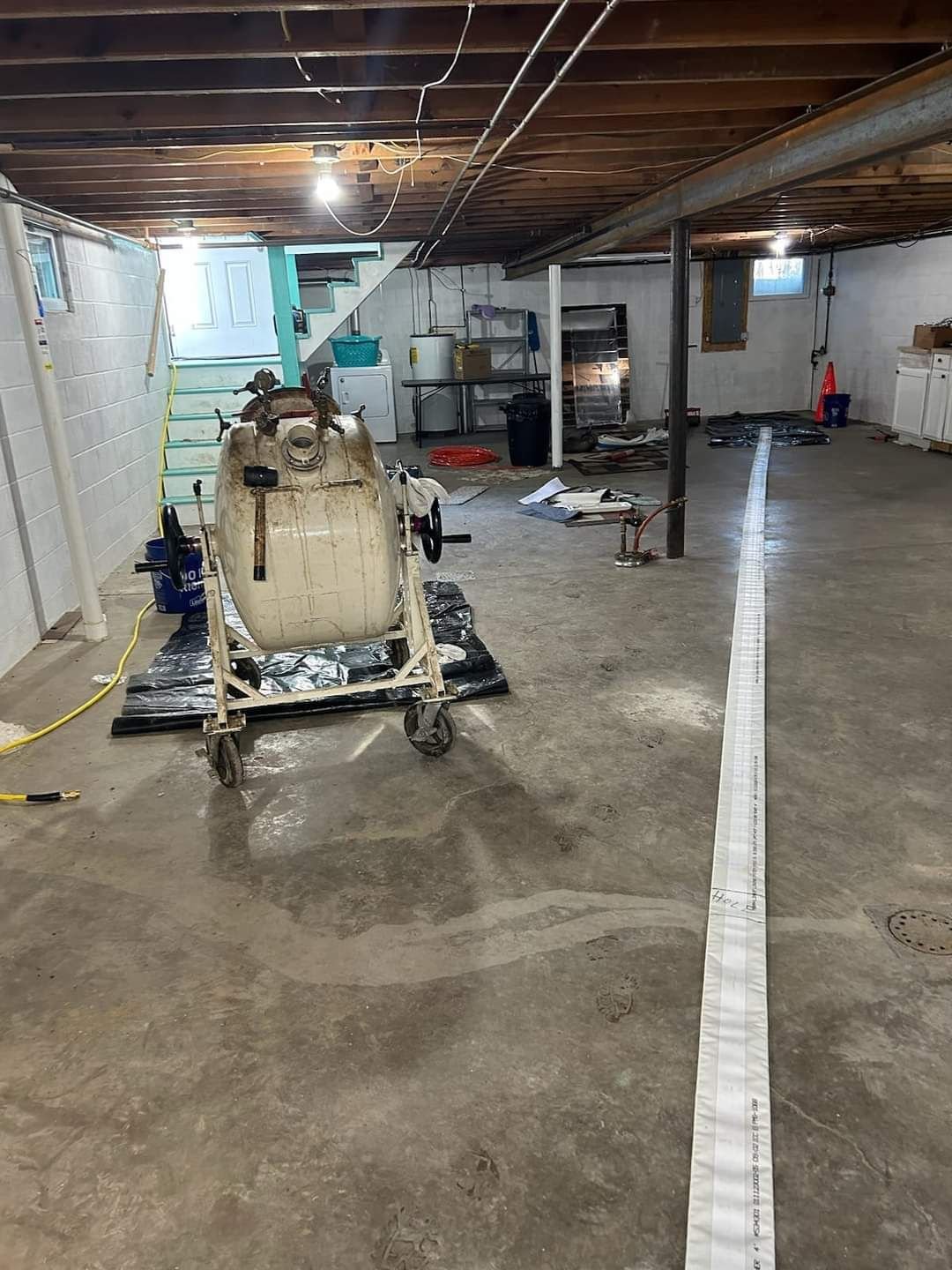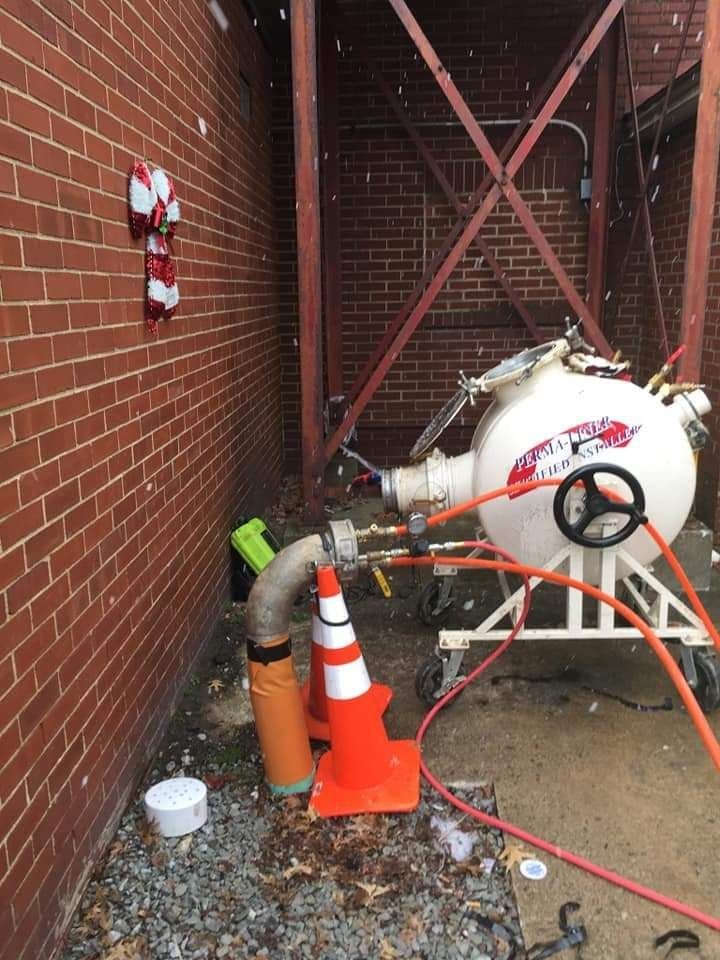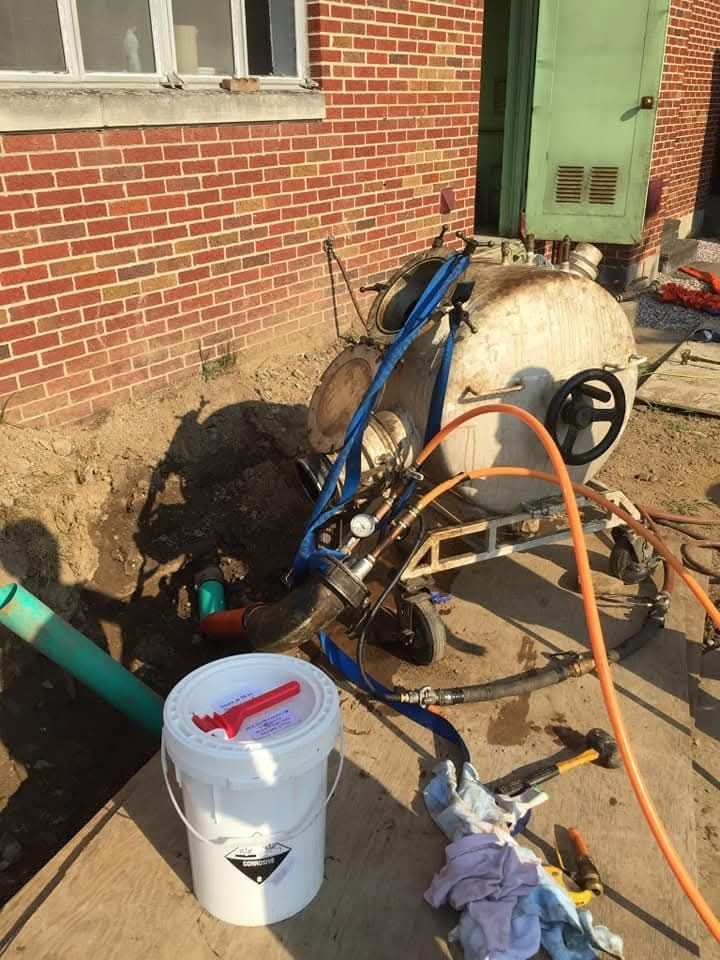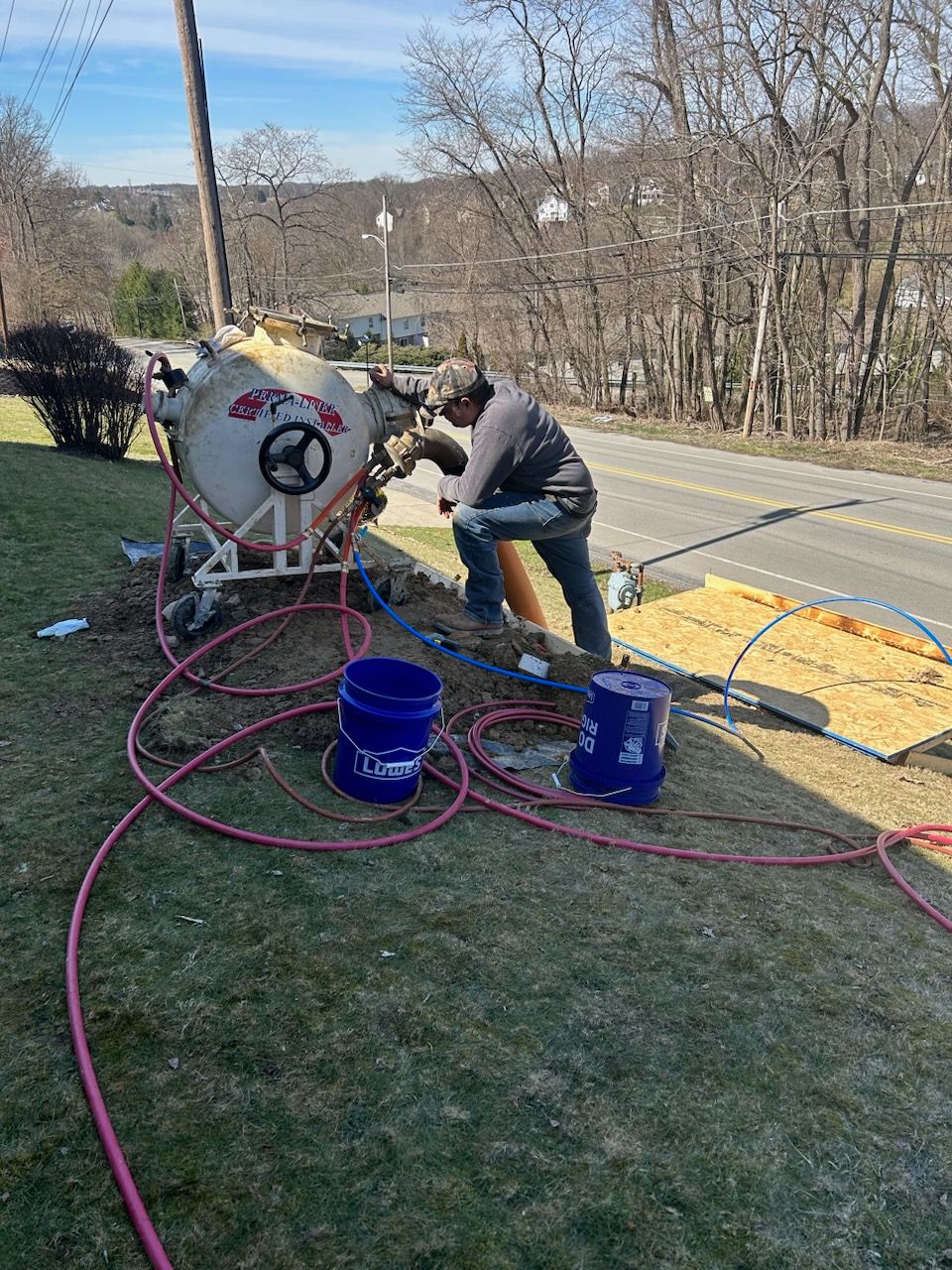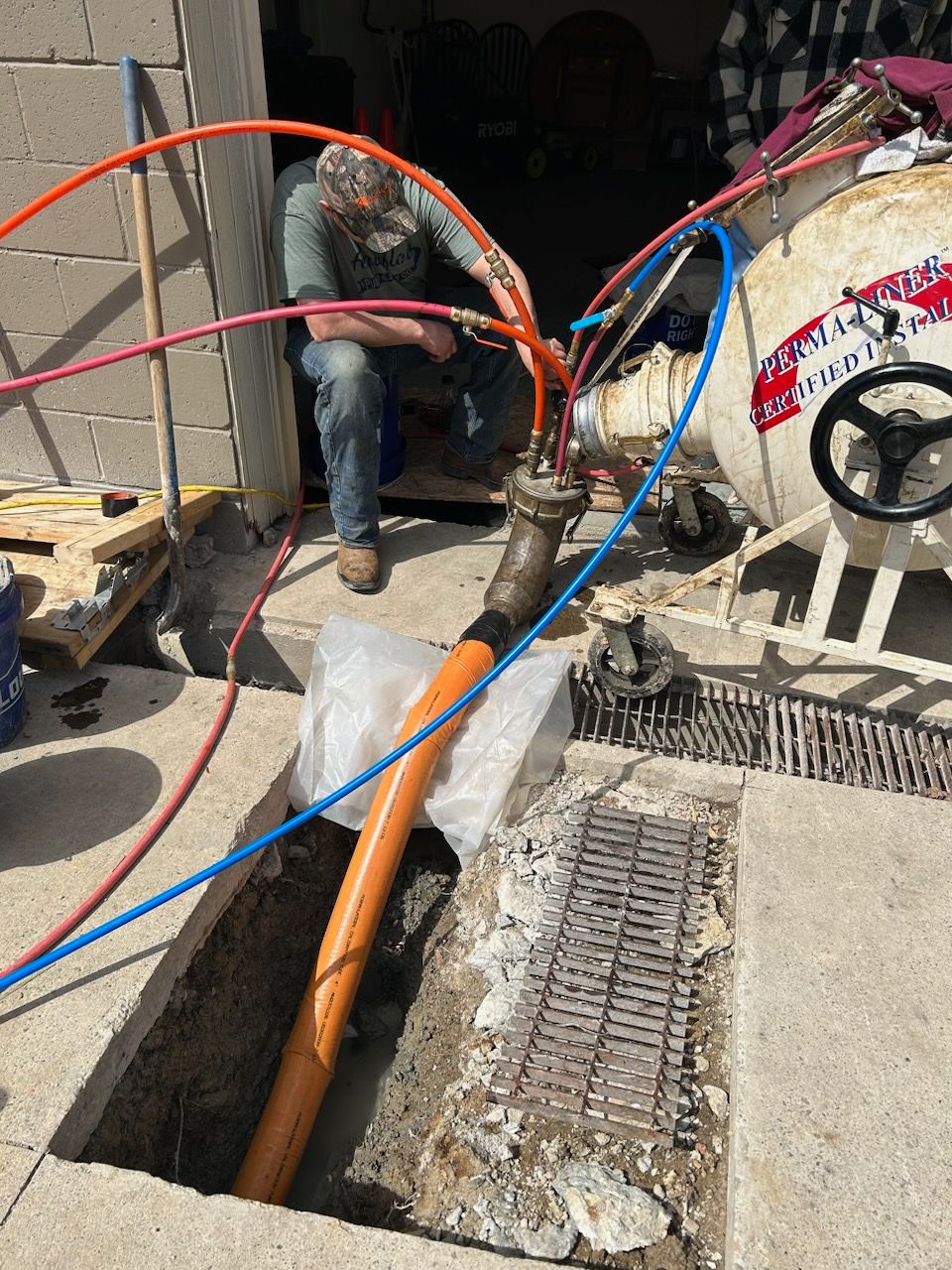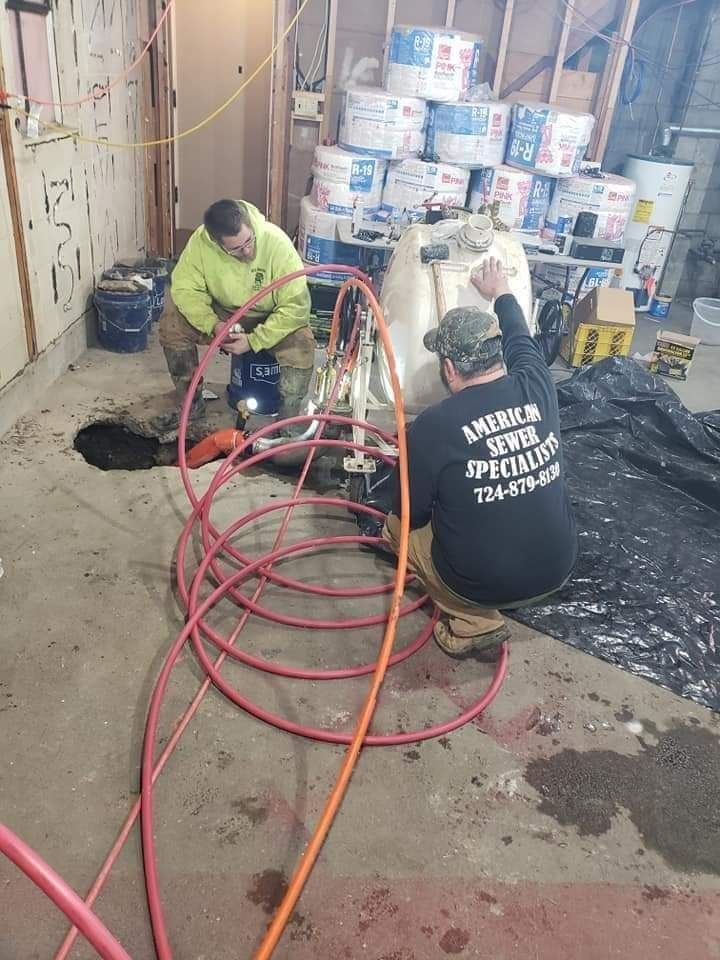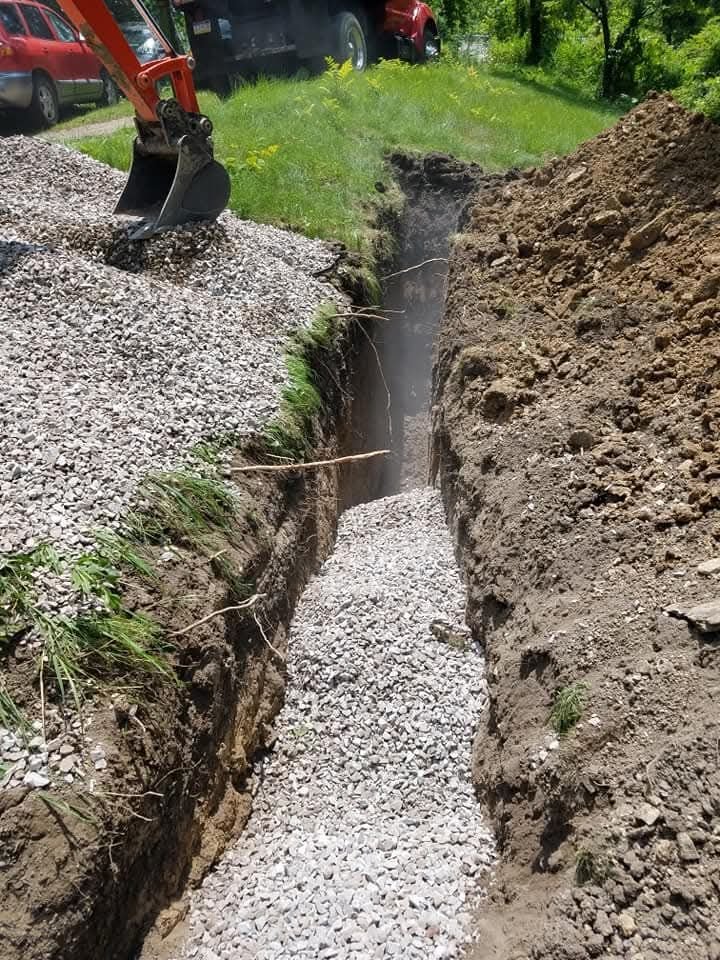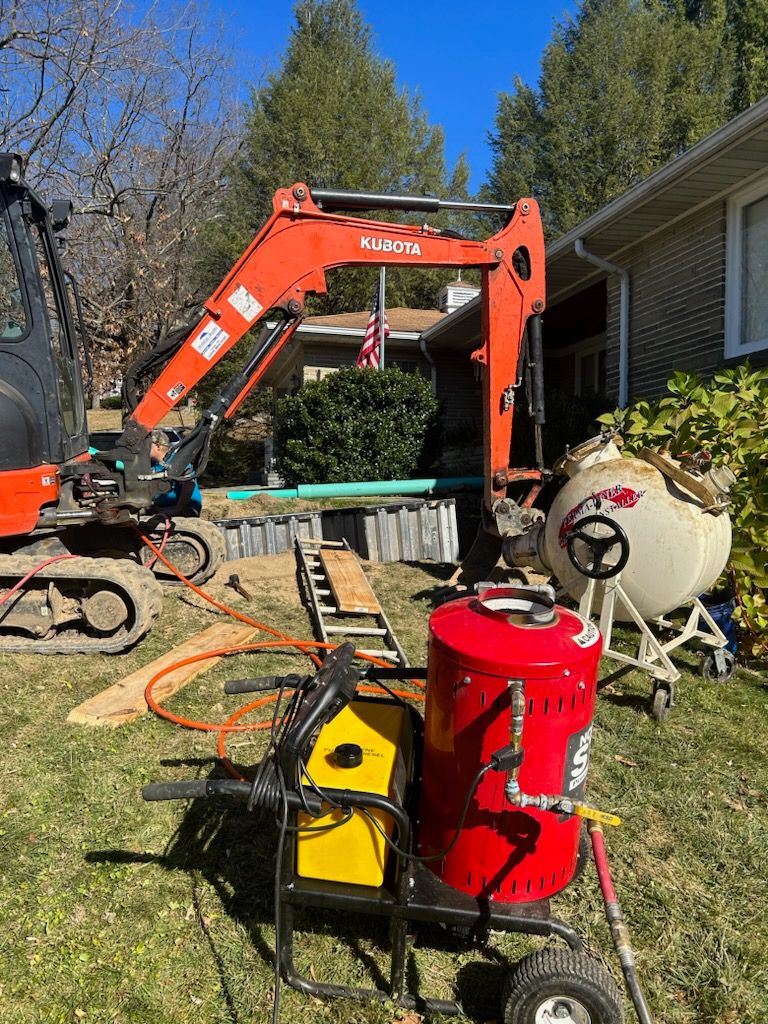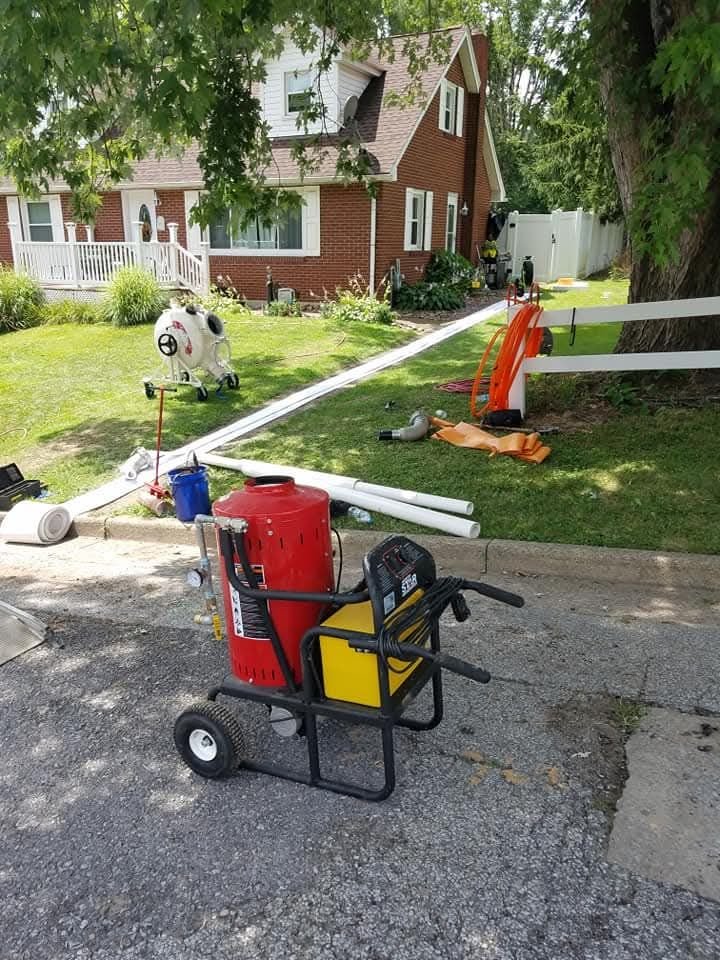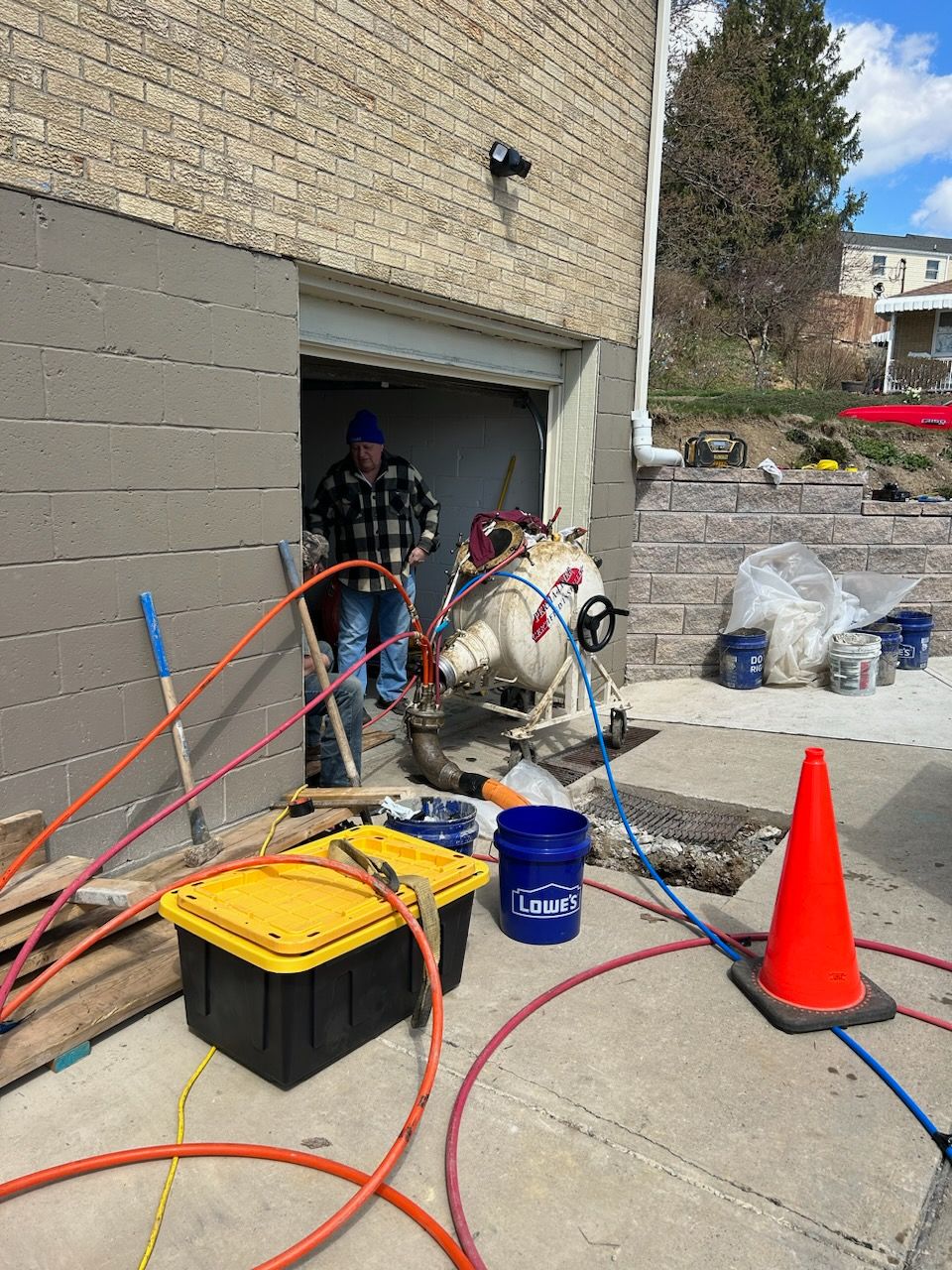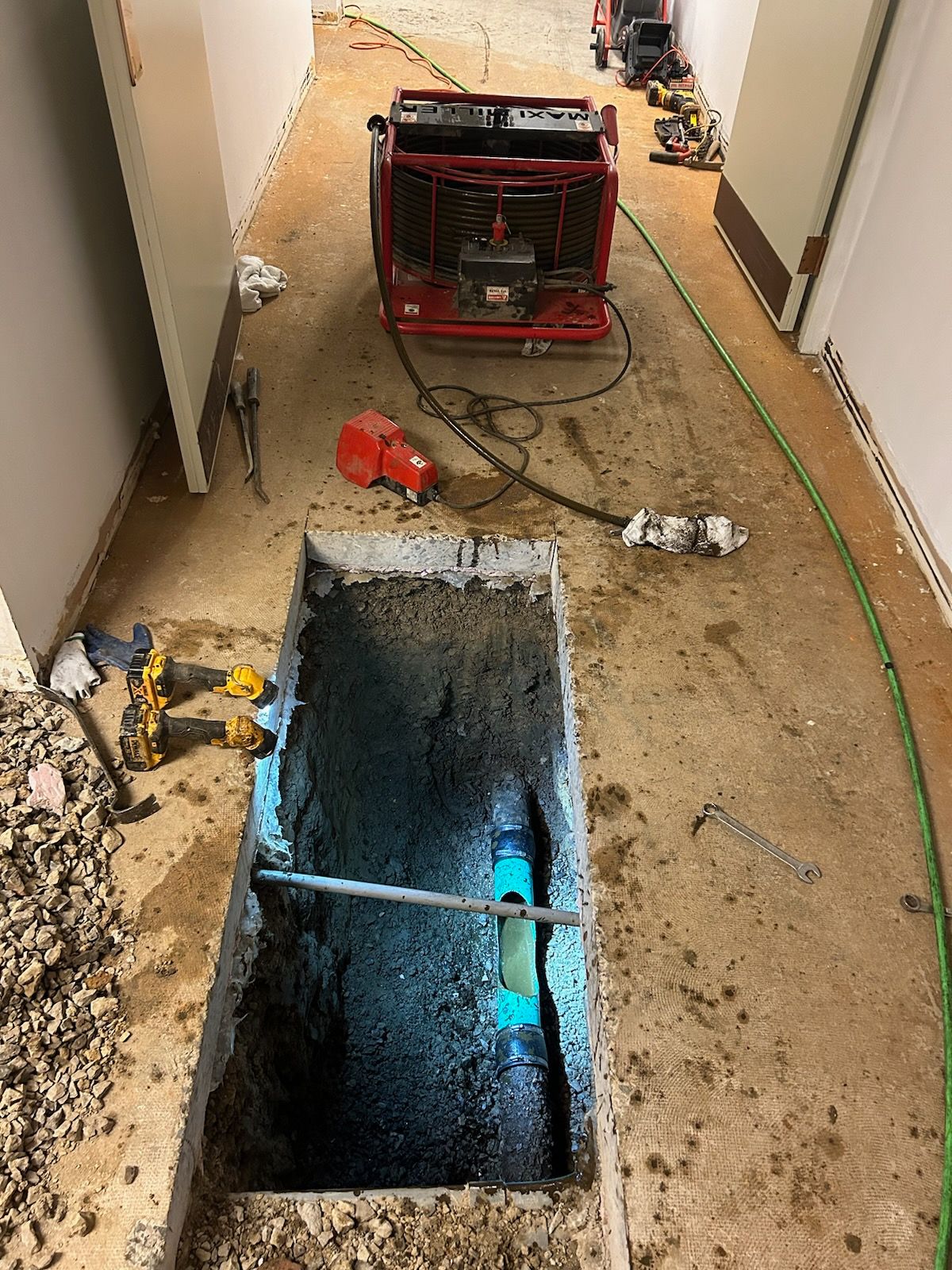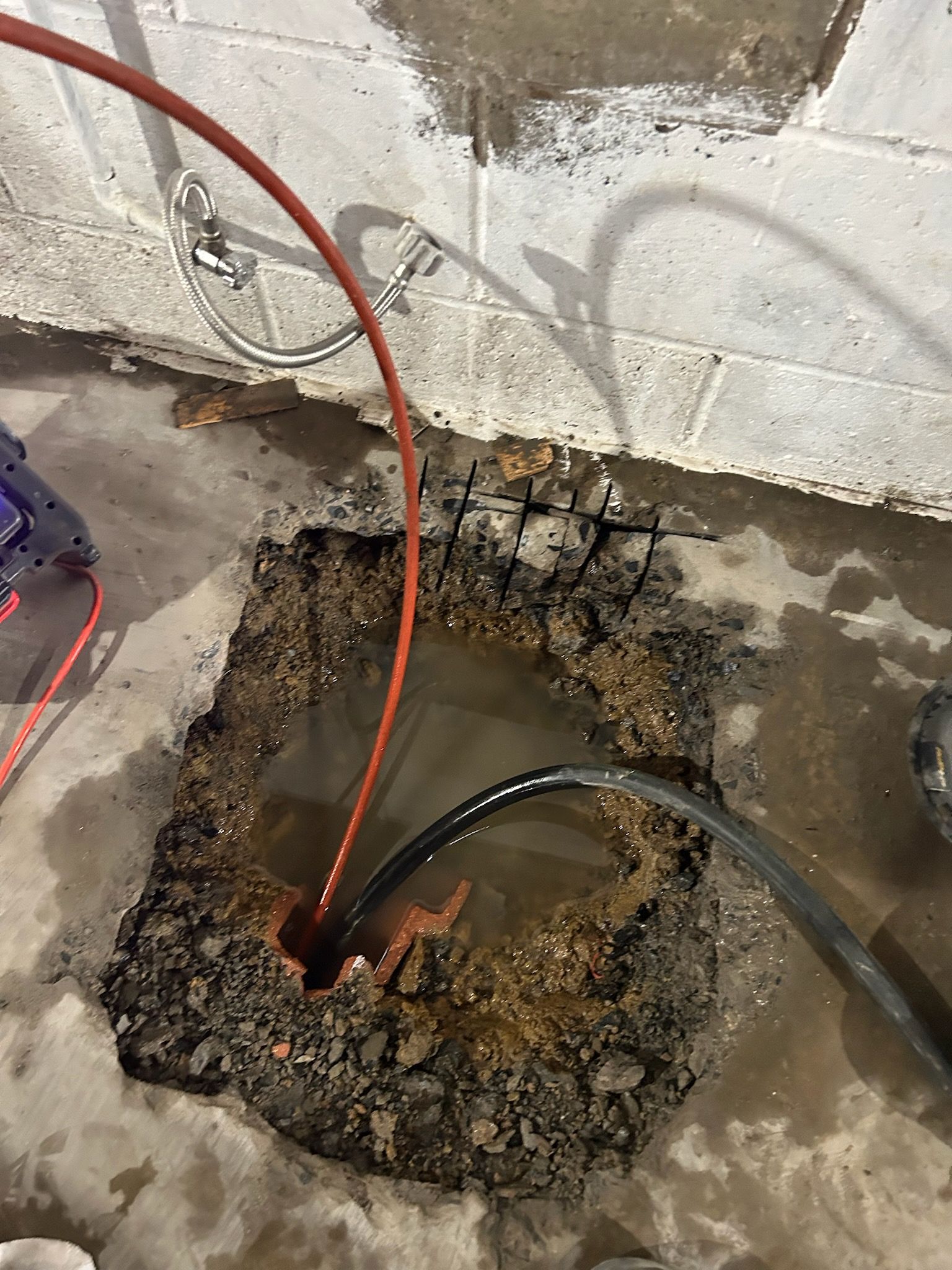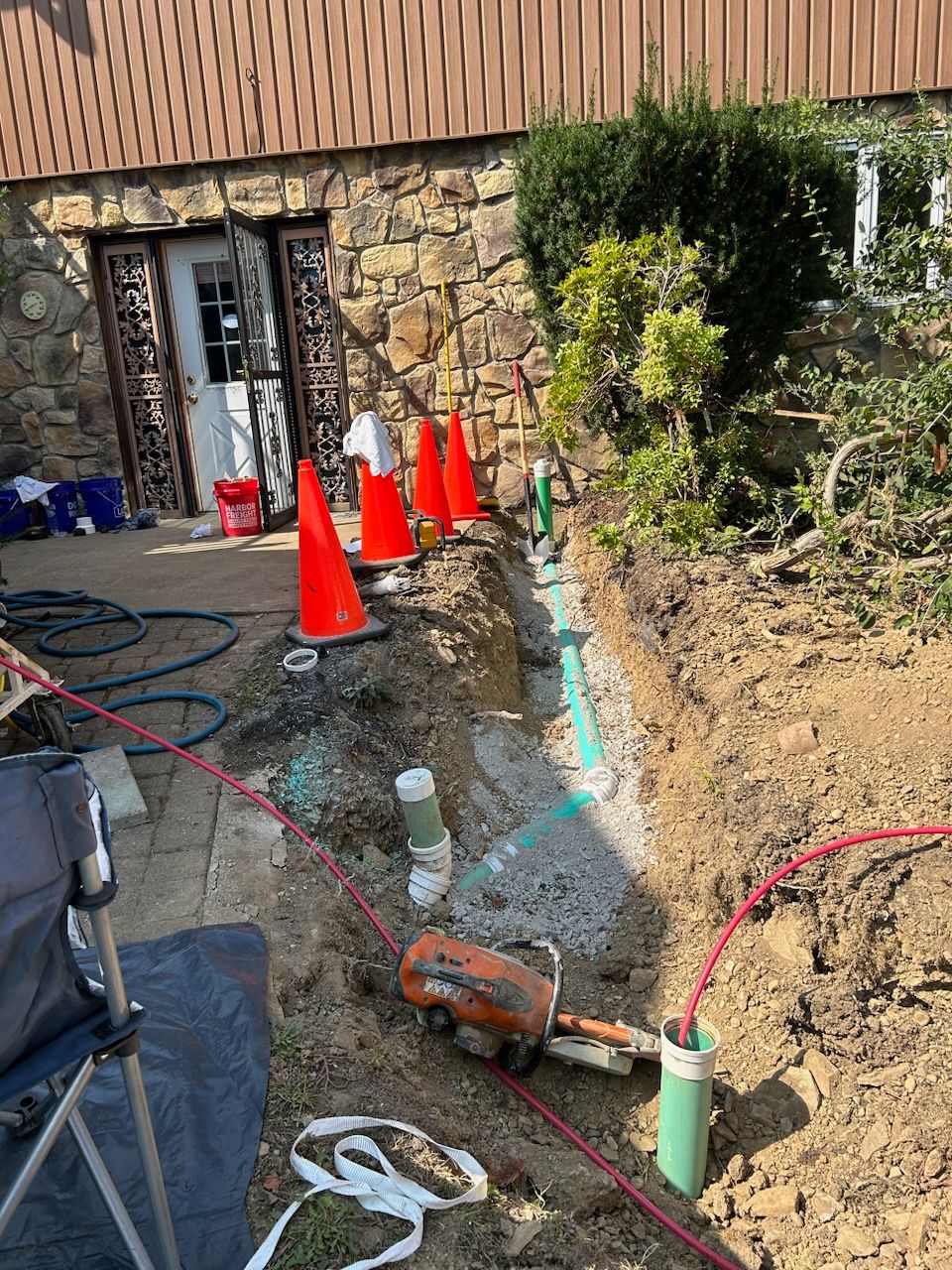Approximately 20% of Americans rely on septic tanks to dispose of their wastewater and sewage. The average septic system can last roughly 25 years — that’s a lot of time for something to go wrong. Whether you’re facing invasive tree roots, clogged drains, or have simply waited to long to get your system professionally cleaned, you have one realistic option: contact someone to perform septic tank repairs.
If you’re unsure of what the problem is, you may be feeling unprepared on the day they come out to your property. Here are some frequently asked questions that will help you regain some control and establish a more firm understanding of the expectations involved in septic tank repairs.
Am I expected to locate the tank myself?
The fact that septic tanks are buried underground makes them more difficult to locate. If you’re skilled in this type of work, finding your tank’s lids can save you money as well as time: many contractors charge for this service. There is always a connection from the house foundation to the tank. If you’re feeling up to the challenge, you can poke around ahead of time and try your luck. Otherwise, you’re not expected to know here the tank is.
Does my tank need to be cleaned regularly?
Improper maintenance is a key cause of damage in septic tanks. A regular tank serving an average household fills up within three to five years; if it is not cleaned at least once within that period, the tank will fill up and stop working, leaving a smell, muddy mess in your yard.
Is there anything else I should ask?
If you really want to handle your due diligence, ask your contractor to measure the level of sludge in your tank; once you figure out how often your septic tank fills up (since every household is different), you can conserve money until it’s nearly full. This makes the cleaning more efficient for everyone involved.
Many people are actually unaware of the type of sewage disposal system they rely on. Sump pumps, though usually installed to help with basement flooding, are never paired with septic tanks; if you know you have one, you definitely don’t have the other. Since knowing the basics of your system is a vital component of hiring someone to perform repairs, the more well-informed you are, the better.
Categories
Related Posts
